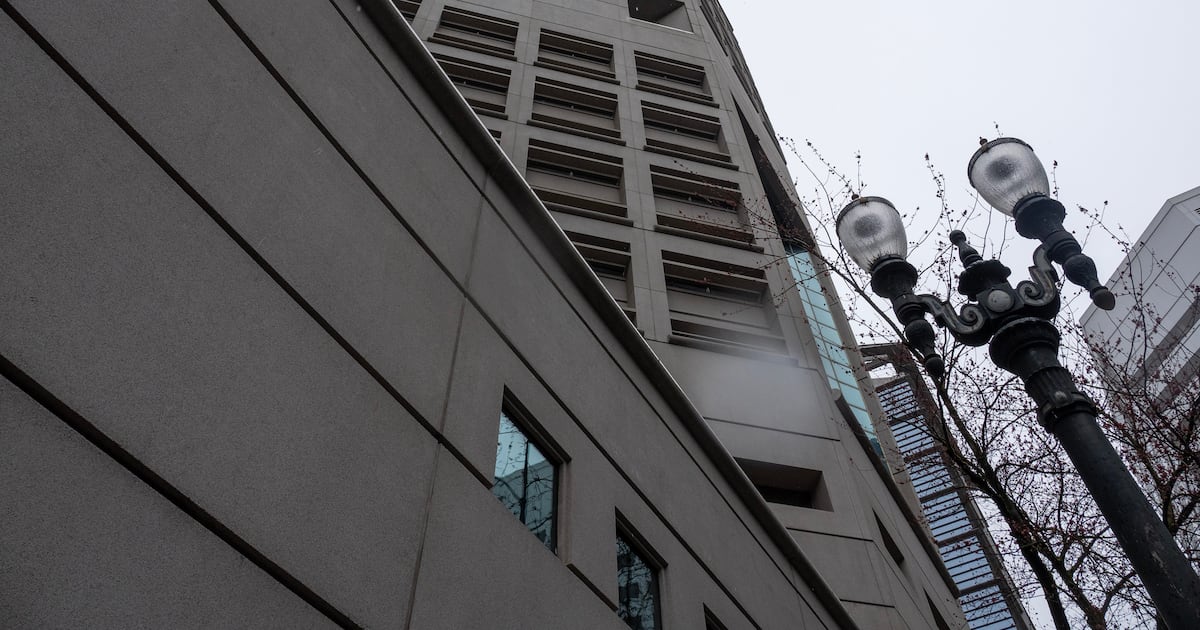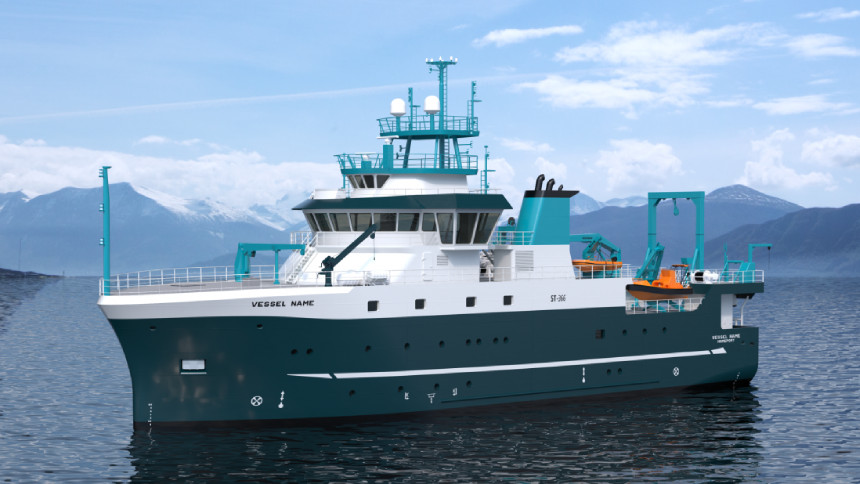- Tue. Apr 23rd, 2024
Latest Post
Multnomah County Proposes $200,000 for Initiatives to Improve Relations Between Sheriff’s Office and Health Department in Jail System
Multnomah County officials are proposing to allocate $200,000 in contingency funds towards initiatives aimed at improving relations between the sheriff’s office and the county’s health department. The decision to allocate…
U.S. Admiral Warns of China’s Increasing Military Spending, Economic Uncertainty and Aggressive Actions in the South and East China Seas
As he prepares to leave his post next month, Admiral John Aquilino, head of the U.S. Indo-Pacific Command, expressed concerns about China’s increased defense spending despite its struggling economy. He…
Unraveling the Impact of Subchapter V on Small Businesses and Creditors: An American Bankruptcy Institute Study
Five years ago, Congress created Subchapter V, a bankruptcy law designed to help small businesses eliminate debt and continue operations. This law has been seen as a positive development for…
Real Madrid’s Jude Bellingham Takes Home Another Laureus Award – Breakthrough of the Year.
Jude Bellingham has just received yet another accolade at the prestigious Laureus World Sports Awards, this time for Breakthrough of the Year. The event took place at the Palacio de…
AFBI Awards Contract for Hybrid Research Vessel to Advance Fishery and Oceanographic Studies
The Agri-Food and Biosciences Institute (AFBI) in Belfast, Northern Ireland has awarded a contract to Spanish shipbuilder Armon for the construction of a new research vessel. This vessel will be…
Rediance Acquires Worldwide Distribution Rights for “The Falling Sky” Ahead of its Premiere at Cannes
Rediance, a leading international sales agent with a base in China, has acquired the worldwide distribution rights to the feature documentary “The Falling Sky.” The film will make its debut…
Harnessing the Power of Diversity: Wilmington University Hosts Conference on Commercial Development and Investment Opportunities
On Wednesday, Wilmington University’s New Castle campus will host a conference aimed at increasing local participation in commercial development and investment opportunities. This initiative, called Opportunity LIVES Here, was created…
Revolutionizing Plastics News: Interplastics Insights Announces Merger of Popular Websites
The Interplastics Insights team is pleased to announce the recent merger of three highly popular stand-alone websites – British Plastics and Rubber, European Plastic Product Manufacturer, and Women in Plastics.…
Europe’s Future Hangs in the Balance: The Importance of High Participation in Upcoming Parliament Elections
In a few weeks, 400 million European citizens will be heading to the polls to elect the new Parliament. This marks a significant exercise in democracy and an opportunity for…
PCs are Evolving: How Intel and Arm are Tapping into the AI Space with New Devices
Intel and other major silicon vendors are targeting the enterprise market and developer space as the main opportunities for new AI technologies, according to a report from Omdia. The report,…



